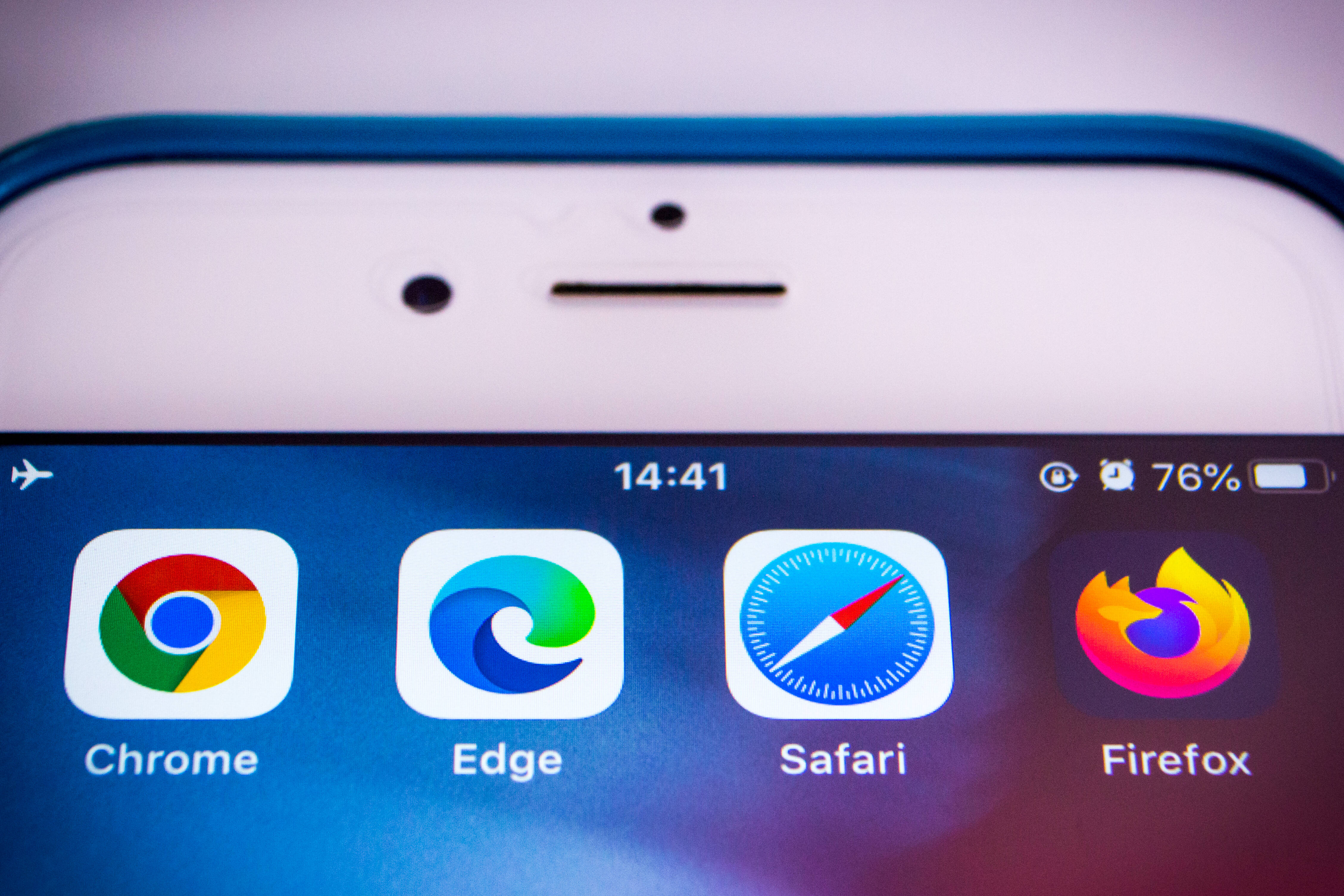Apple requires that competing mobile browsers distributed through the iOS App Store use its own WebKit rendering engine, which is the basis of its Safari browser. The result is that Chrome, Edge, and Firefox on iOS are all, more or less, Safari.
Apple's browser engine requirement has vexed web developers, who have been limited to using only the web APIs implemented in WebKit for their web apps. Many believe this barrier serves to steer developers toward native iOS app development, which Apple controls.
"The potential for a capable web has been all but extinguished on mobile because Apple has successfully prevented it until now," said Russell. "Businesses and services will be able to avoid building 'apps' entirely when enough users have capable browsers." "There's a long road between here and there," he said. "Apple has spent enormous amounts to lobby on this, and they aren't stupid. Everyone should expect them to continue to play games along the lines of what they tried in Denmark and South Korea."
See
Apple iOS browser grip loosened under latest draft EU rules#
technology #
browsers #
apple #
competition #
EU 
Leaked Digital Markets Act language forbids gatekeepers from limiting Safari rivals